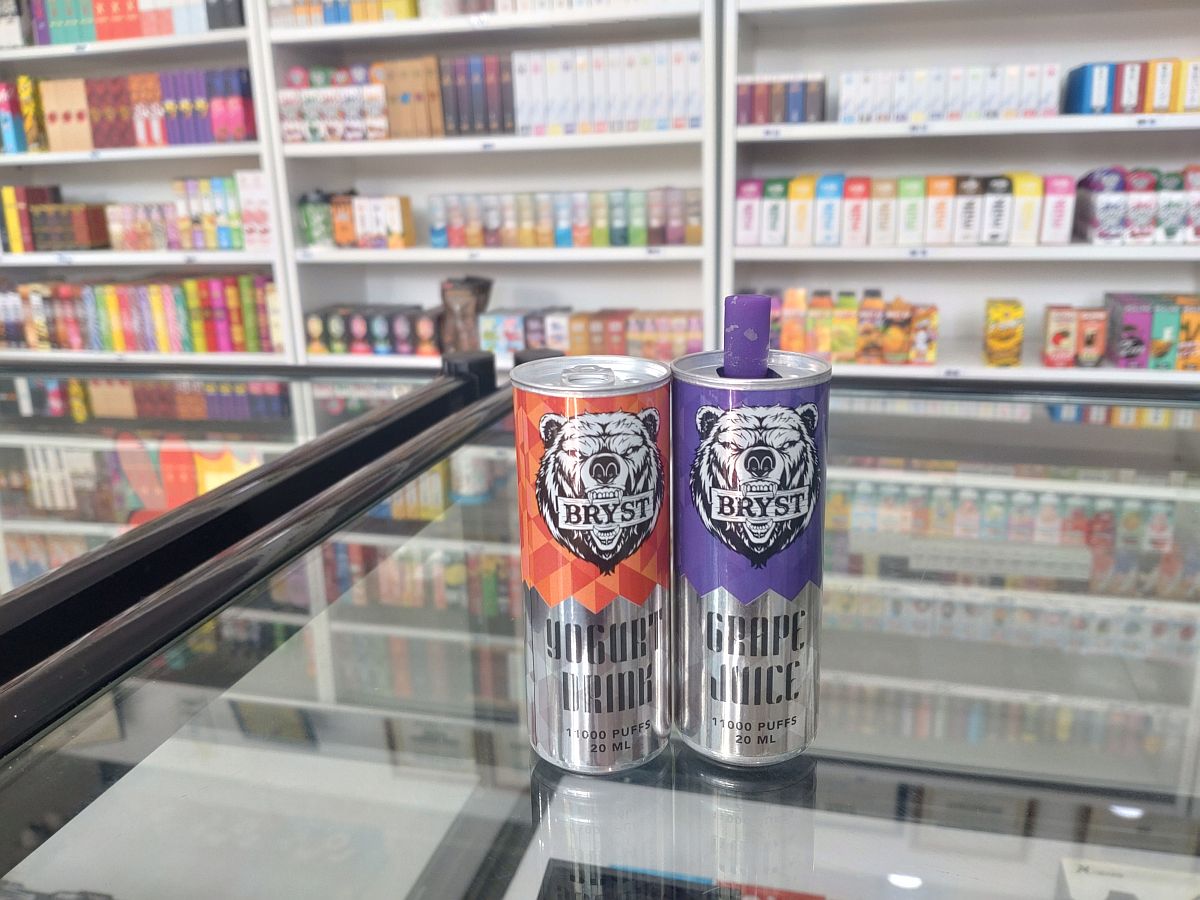KUALA LUMPUR, July 17 — An Al Jazeera documentary on the rise of vaping in Southeast Asia has revealed that some vape shops in Kuala Lumpur sell e-cigarettes to adolescents who aren’t smokers.
A video clip promoting the documentary by the international broadcasting network’s 101 East programme showed an undercover operation, where a young buyer, who “looks like a teenager”, is rigged with a hidden camera and mic and sent into six vape shops in the capital city to purchase vapes.
The video depicts vape shop employees selling the young woman e-cigarettes without asking for any form of identification to ascertain that she is not a minor.
Even though some employees were informed by the undercover buyer that she is not a smoker and is trying vape for the first time, this does not stop them from selling her their products. One of the shops sells her a 10,000-puff vape device for RM36.
These 10,000-puff devices are normally targeted at regular vapers who can go through such devices in a week or two, depending on their vaping habits.
“You want to try the soft ones, I would recommend this one for a start. It’s 10,000 puffs for RM36,” said the seller in the Al Jazeera documentary.
The Al Jazeera documentary titled “Flavoured Toxins: The Rise of Vaping”, published three days ago, focuses on the growing vaping trend in Southeast Asia, particularly Malaysia and Indonesia.
Mohammad Nazeem Talib, president of the E-Vaporizers and Tobacco Alternative Association Malaysia (MEVTA), told Al Jazeera that there are clear warnings on e-cigarette products and in vape shops to warn minors that these products are not meant for them.
“If you go to a vape shop, there is an ‘18-year-old and above only’ sticker. Our packaging also says that this product is not for children. We do ourselves, on our own initiative. We want the government to see that we are indeed willing to regulate,” said Mohammad Nazeem.
Last April, Malaysian vape industry players pledged to “self-regulate” their business after a stakeholder meeting with Deputy Health Minister Lukanisman Awang Sauni.
But the degree of so-called “self-regulation” remains unclear as local vape shops are selling e-cigarettes with nicotine content of up to five per cent – far higher than the two per cent cap in countries that regulate vape. In online spheres, users are able to purchase vape products with up to 12 per cent nicotine, CodeBlue previously reported.
The Malaysian vape industry’s “self-regulation” pledge was issued in response to concerns about the sale of vaping products to minors and other potential health risks, following the government’s decision to declassify liquid and gel nicotine used in e-cigarettes and vape from the Poisons Act 1952.
The removal of liquid nicotine from the Poisons List effectively legalised the sale of nicotine vape to anyone in Malaysia, including minors aged below 18, as there are currently no regulations on e-cigarettes.
Last month, the government failed to secure passage of the Control of Smoking Products for Public Health Bill 2023 in Parliament, sending the tobacco and vape control bill instead to a parliamentary special select committee after first reading.
Former Health Minister Khairy Jamaluddin, who had proposed the first iteration of the tobacco bill but failed to get it passed before the dissolution of the 14th Parliament, said when he was in office, the Ministry of Health (MOH) had undertaken regular enforcement against vape.
“Yes, there were enforcement issues before BUT we regularly acted against vape sales, especially to minors and vape products could not be advertised,” Khairy tweeted today in response to the Al Jazeera documentary.
“Now it’s the Wild West in Malaysia. No enforcement because there is no law against vape. I’m sorry it’s come to this.”
CodeBlue previously reported that vape shops across the Klang Valley targeted youths, and the “18-year-old and above only” stickers and signs, although present, are often placed in inconspicuous locations, allowing customers to easily miss them.
In addition, vape shop employees often tell vape newbies that addiction is not an issue when it comes to e-cigarettes, claiming that their products are not harmful, unlike cigarettes which contain tar and other chemicals.
E-cigarette manufacturers from China, on the other hand, told CodeBlue that they are actively targeting youths as young as 18 by making their products look cool and fashionable. One manufacturer said the older generation does not switch from conventional cigarettes to vape.
And while most devices currently in the Malaysian market appeal to young adults in their 20s, some manufacturers from China are trying to bring in devices that resemble toys, keychains, or even milk cartons with cute symbols that would definitely be appealing to children.
Last June 30, the Malaysian Council for Tobacco Control (MCTC), an anti-tobacco coalition with over 40 organisations, anti-tobacco group Malaysian Green Lung Association (MGLA), and child rights group Voice of the Children (VoC) filed for judicial review against Health Minister Dr Zaliha Mustafa’s decision to delist liquid and gel nicotine from the Poisons Act.
Dr Zaliha, however, recently defended her decision, claiming that the legal declassification of the highly addictive substance as a scheduled poison wasn’t a problem because it didn’t mean that the MOH was neglecting child health.








